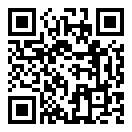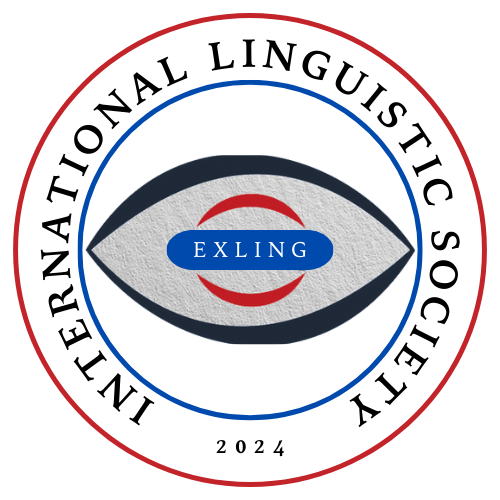
Jenny Thomson
Jenny Thomson
University of Sheffield
United Kingdom
ExLing 2024 Paris keynote
Children learning to read in a digital world
Summary
Digital technology changes both the medium within which we read text, as well as the digital tools available to help children learn to read. Digital platforms for literacy instruction also offer unparalleled opportunities for collating fine-grained data about individual learning trajectories. Graphogame is a digital learning platform with global reach and accessibility of player logdata for research. It is a play-like, digital learning platform that provides children with training in phoneme awareness, letter-sound and early word decoding training, originally devised by researchers at the University of Jyväskylä in Finland (Lyytinen, Erskine, Kujala, Ojanen, & Richardson, 2009).
In this talk, I will report on two studies that explore the potential and challenge of using large scale logdata as a window into children’s literacy learning. The first study uses Graphogame logdata collected from gameplay in the first 25 weeks of children’s first year in school, to look at its predictive power to identify children who go on to exhibit reading difficulties at the end of the first grade (Thomson, Foldnes, Uppstad, Njå, Solheim, & Lundetræ, 2020). The second study, with a larger sample, employs machine learning to explore the predictive potential of gameplay over a long time period, and with the ability to consider many more gameplay variables; this includes specific types of vowel and consonant errors.
The talk will conclude with wider reflections on the value and application of big data approaches to applied linguistics research.
References
Lyytinen, H., Erskine, J., Kujala, J., Ojanen, E., & Richardson, U. (2009). In search of a science-based application: A learning tool for reading acquisition. Scandinavian Journal of Psychology, 50 (6), 668–67 https://doi.org/10.1111/j.1467-9450.2009.00791.x
Thomson, J. M., Foldnes, N., Uppstad, P. H., Njå, M., Solheim, O. J., & Lundetræ, K. (2020). Can children’s instructional gameplay activity be used as a predictive indicator of reading skills? Learning and Instruction, 68 , 101348 https://doi.org/10.1016/j.learninstruc.2020.101348
Bio
Jenny Thomson is a Professor of Language and Literacy at the University of Sheffield, UK. Initially trained as a Speech and Language Therapist, she went on to complete a PhD at the Institute of Child Health, UCL, London, which explored the links between speech rhythm and literacy in developmental dyslexia. Her interest in reading difficulties has continued through a postdoc position at the University of Cambridge (UK), faculty positions at the Harvard Graduate School of Education (USA) and her current position at Sheffield. Jenny is fascinated by both the new cognitive demands of reading on screens, as well as understanding how best to harness digital technology to support the process of learning to read.


